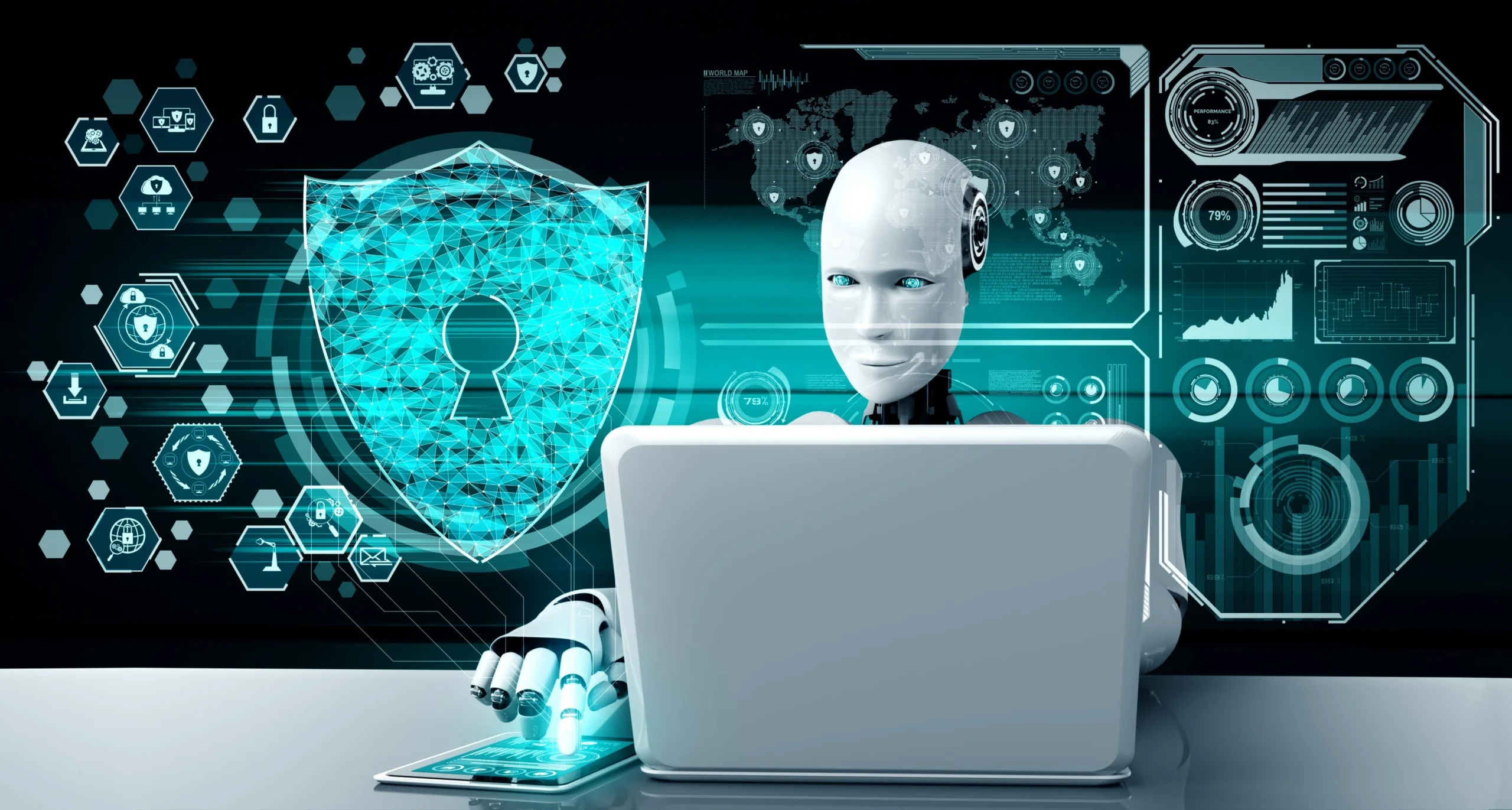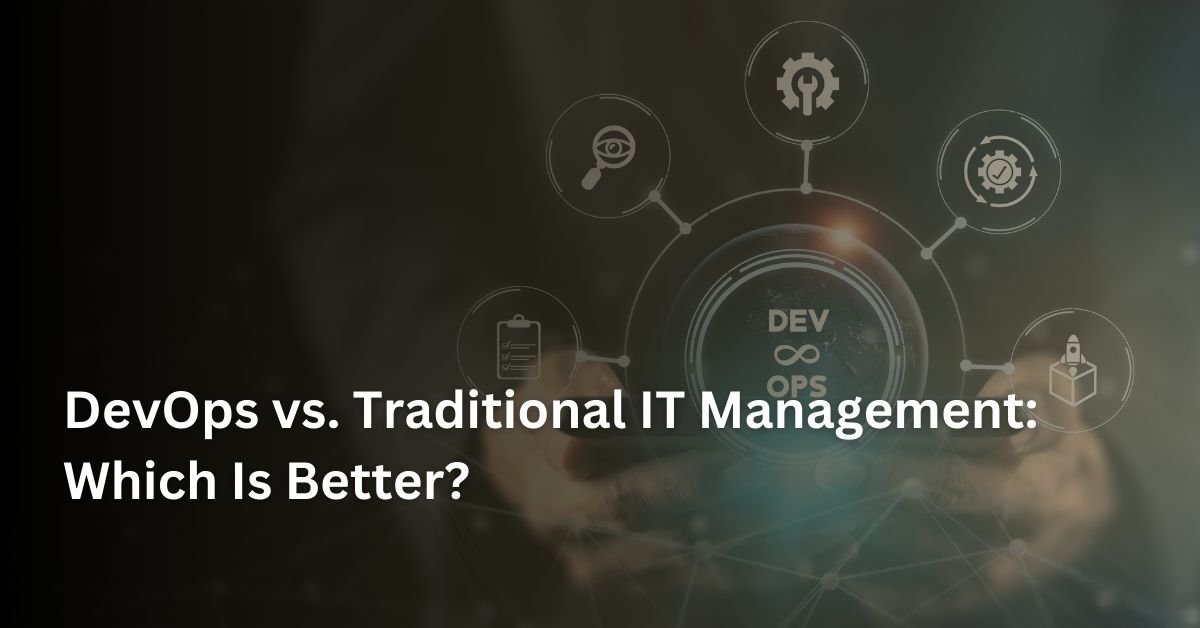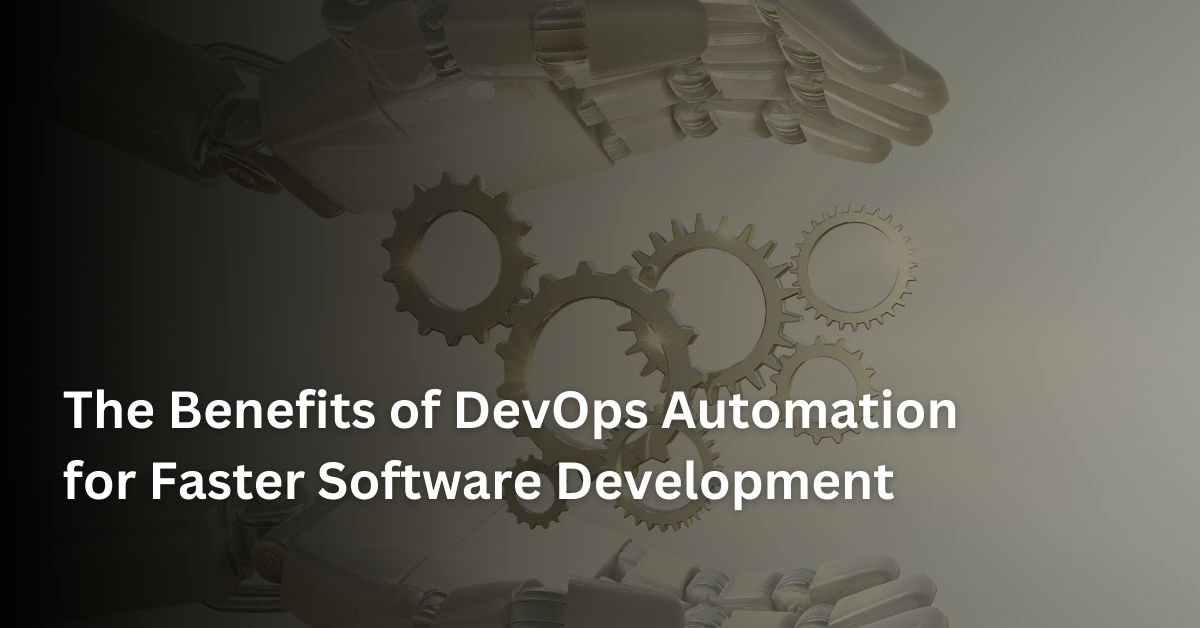In today’s digital world, businesses face an increasing number of cyber threats that can compromise their data, reputation, and operations. Traditional cybersecurity measures are often insufficient to handle the growing complexity and volume of attacks. That’s where Artificial Intelligence (AI) comes in. By harnessing the power of AI, businesses can strengthen their security posture, detect threats faster, and respond proactively.
In this blog, we’ll explore the role of AI in cybersecurity, focusing on AI-driven threat detection, anomaly tracking, and predictive security measures.
Learn more about how AI-powered solutions can improve your cybersecurity here.
AI-Driven Threat Detection

AI has significantly enhanced how businesses detect and respond to cyber threats. Unlike traditional systems that rely on predefined signatures, AI-driven threat detection uses advanced machine learning algorithms to:
- Analyze large datasets: AI can sift through vast amounts of network traffic, user behavior, and data logs to identify potential threats in real-time.
- Recognize patterns and anomalies: By learning from past data, AI systems can detect even subtle changes in behavior, helping identify previously unknown attack vectors.
- Detect zero-day attacks: AI systems can identify threats that have never been seen before, making it harder for attackers to exploit vulnerabilities.
With AI, businesses can detect threats before they cause damage, enabling quicker responses and reducing potential security risks.
For more information on AI-driven cybersecurity, check out this TechRepublic article.
Anomaly Tracking with AI
Anomaly tracking is a key aspect of modern cybersecurity. AI enhances this process by:
- Monitoring user behavior: AI can analyze how employees or users typically interact with systems and networks. Any deviation from this behavior, such as unusual login times or access to sensitive data, can be flagged as a potential threat.
- Real-time monitoring: AI continuously monitors system activities, enabling the identification of suspicious actions as they occur.
- Identifying insider threats: AI helps detect internal threats by tracking abnormal activities within the organization, which could indicate compromised credentials or malicious insiders.
By leveraging AI’s ability to track anomalies, businesses can spot emerging threats quickly, even before they manifest as full-scale attacks.
Learn more about insider threat prevention.
Predictive Security Measures with AI
One of the most powerful capabilities of AI in cybersecurity is its ability to predict and prevent future threats. By using advanced machine learning algorithms, AI can:
- Analyze historical data: AI examines patterns of past cyberattacks to predict potential future threats and vulnerabilities.
- Proactively address vulnerabilities: AI can recommend fixes or patches based on its predictions, helping businesses address issues before they are exploited.
- Simulate attack scenarios: AI can simulate various attack strategies, enabling businesses to test their security measures and identify weaknesses.
Predictive security measures help businesses stay ahead of cybercriminals, proactively strengthening defenses and minimizing risks.
Check out this Dark Reading article on predictive security.
The Future of AI in Cybersecurity

As AI technology evolves, its impact on cybersecurity will only grow. Future developments include:
- Automated threat response: AI will not only detect and track threats but also automatically respond to mitigate damage, such as isolating compromised systems or blocking malicious traffic.
- Advanced AI collaboration: AI will work in tandem with human cybersecurity experts, providing insights and enhancing decision-making processes.
- Continuous learning: As AI systems evolve, they will become better at adapting to new types of attacks, creating a more resilient security environment.
The future of cybersecurity is heavily reliant on AI, with businesses relying on it to build adaptive, real-time defense systems capable of combating even the most sophisticated threats.
For more on the future of AI in cybersecurity, read this CSO article on AI in cybersecurity.
Conclusion: Why AI is Critical for Cybersecurity
AI is revolutionizing cybersecurity by providing businesses with advanced tools to detect threats, track anomalies, and predict future attacks. With AI-driven systems, businesses can respond faster to incidents, prevent breaches before they happen, and continuously improve their security posture. As cyber threats become more sophisticated, integrating AI into your cybersecurity strategy will be crucial in safeguarding sensitive data and maintaining business continuity.
For businesses looking to enhance their cybersecurity infrastructure, implementing AI technologies is a step toward staying ahead of increasingly sophisticated cyber threats. For more, visit Revynox’s cybersecurity services.







